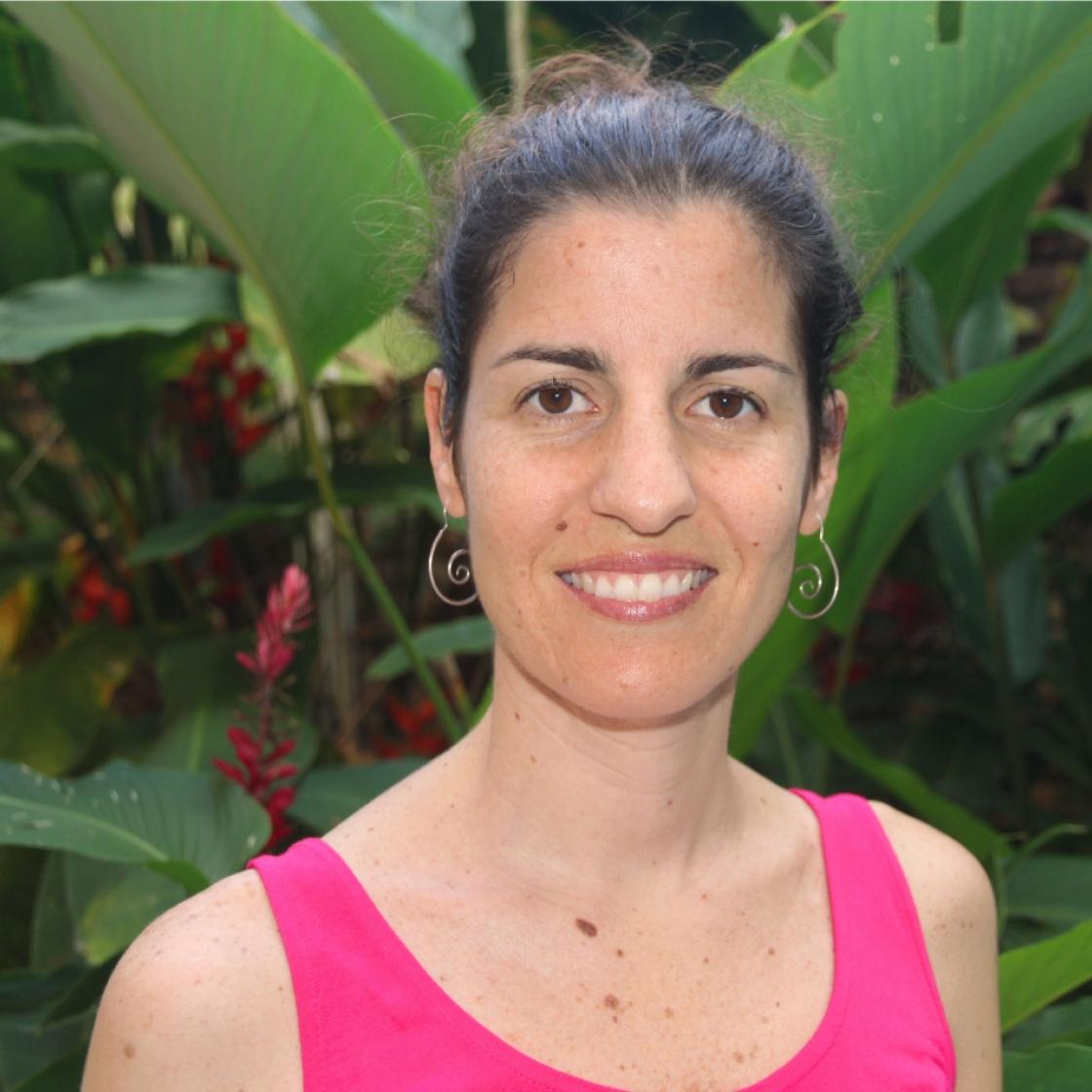- Morphological and functional ontogenesis of the digestive system, skeleton and skin pigmentation of fish larvae
- Nutritional and environmental influence in molecular pathways involved in fish larval development
- Nutrition of fish larvae and juveniles
My main area of research is the study of the physiology of fish during the larval period, during which the larvae undergo dramatic morphological, metabolic and behavioral changes until their transformation into juveniles. My studies mainly focus on the development of breeding protocols adapted to the continuously changing morphological and physiological characteristics during ontogeny. In this respect, I study larval digestive physiology and nutrition at the molecular, biochemical and tissue level for developing feeds and feeding protocols adapted to digestive capacities and nutritional needs of each species.
I am very interested in how nutrients and environmental factors can influence larval morphogenesis, specially by exploring the molecular pathways that regulate the development of the digestive system, skeleton and skin pigmentation, as well as by identifying alterations in the expression of genes that could cause changes in the digestive capacities, the occurrence of skeletal deformities and changes in the pattern of skin pigmentation. I use the skeletal system as a marker for nutritional condition of specimens, the appearance of malformations denoting an inadequate feeding regime.
Working since 2012 in Iquitos (Peru) at the Instituto de Investigaciones de la Amazonia Peruana (IIAP), I develop, in collaboration with Peruvian partners and team colleagues, my research program for “Improving culture and nutrition of tropical fish species with high aquaculture and commercial potential in Amazonia” within the research theme “Domestication of new Amazonian species for sustainable fish farming” of the International Joint Laboratory “Evolution and Domestication of Amazonian Ichthyofauna” (LMI EDIA), which contributes to the diversification of tropical fish production. Among the different target species of the program, we are currently focusing on Pseudoplatystoma punctifer and Arapaima gigas.
Since 2012: Annual 40-hour course at the National University of San Marcos (UNMSM, Lima, Peru) for postgraduate students entitled “Larval fish nutrition: development of the digestive system and nutritional needs”.
2012 - 2016: Responsible for the IRD research program of the International Joint Laboratory EDIA in the research station Fernando Alcántara (IIAP, Iquitos, Peru).
2012 - 2016: Elected member of the Representation Council of the IRD in Peru.
2013 - 2014: Responsible for implementation of the joint research unit ISEM in Peru.
2014 - 2016: Responsible for implementation of the joint research unit BOREA in Peru.


